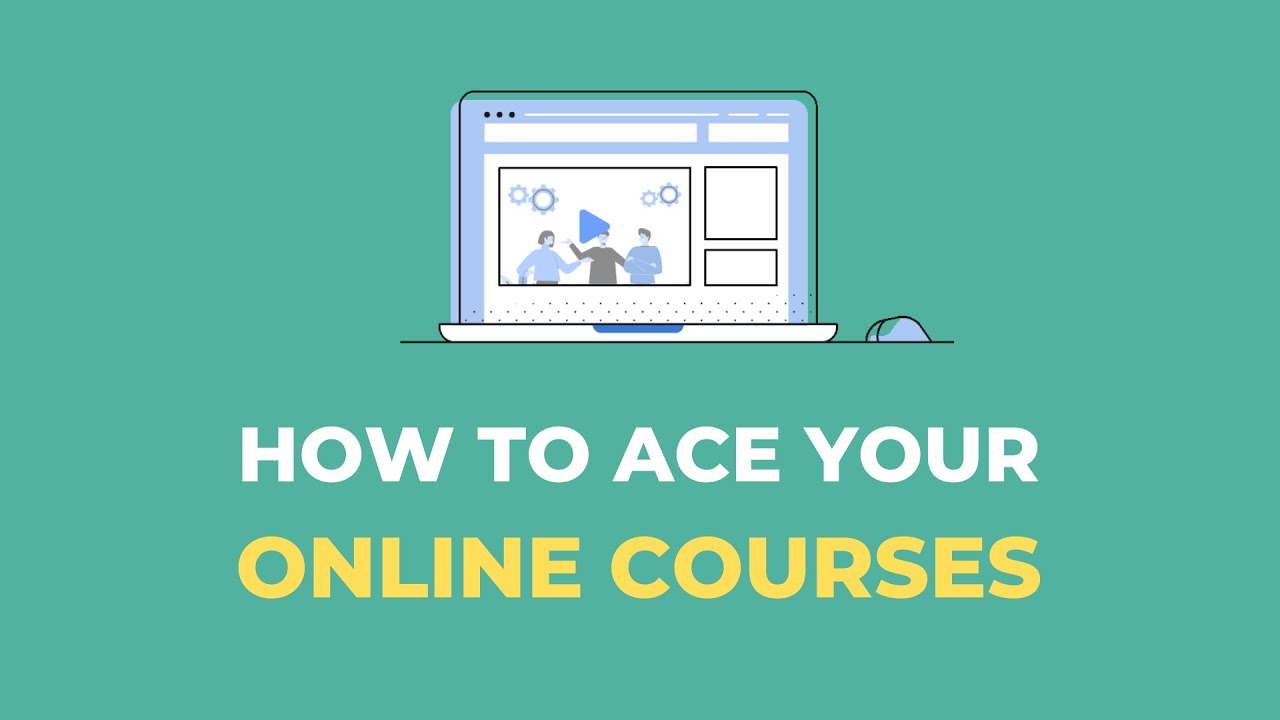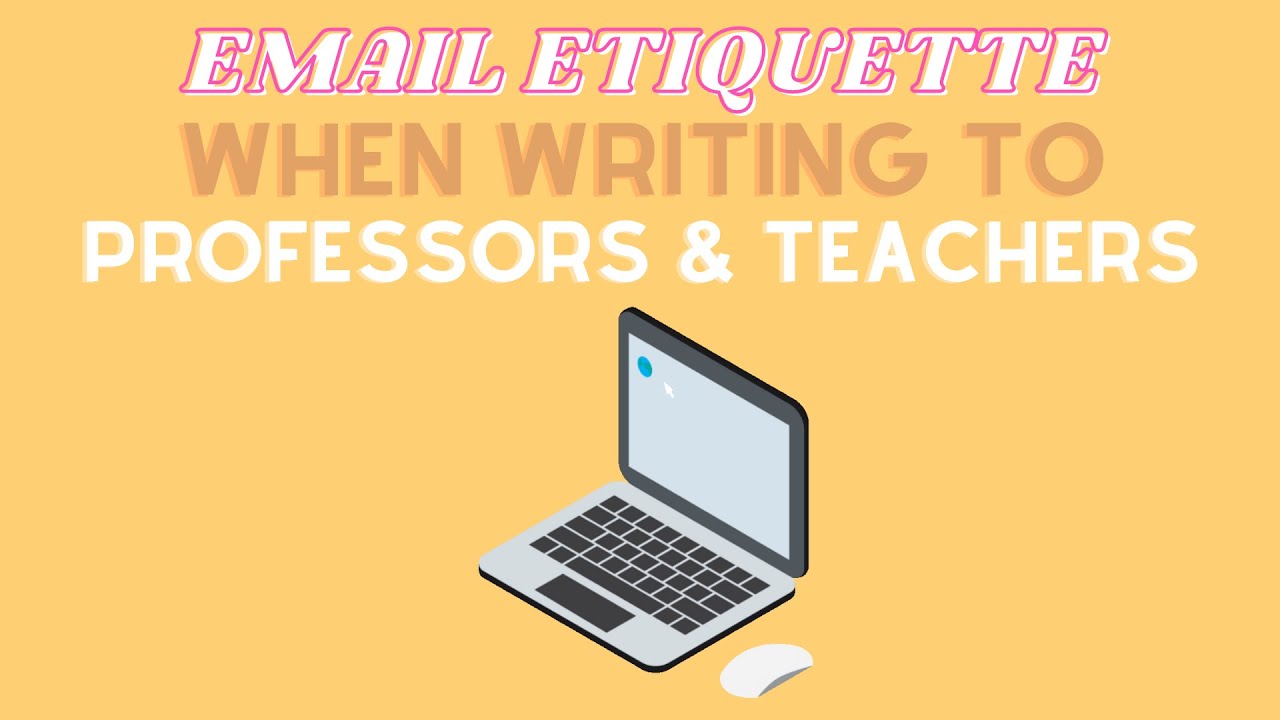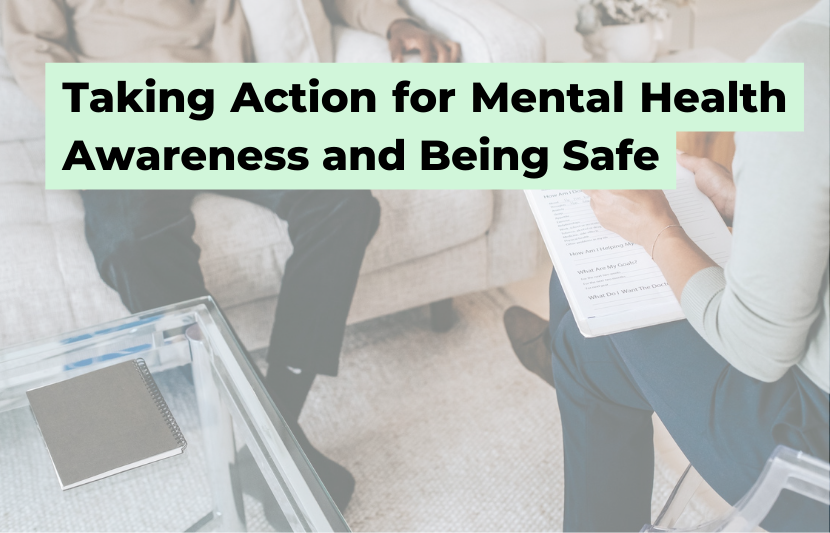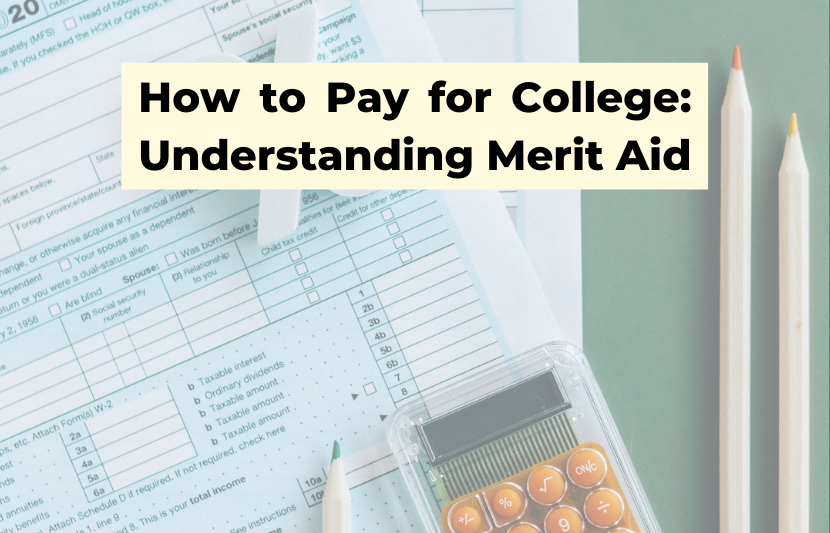In this episode of TUN TV, Dr. Crystal Rose interviews Erica Martinez from College Beyond, an organization that helps students enroll and succeed in college, about the top five things students should know about the FAFSA, plus a mythbuster.
Dr. Crystal Rose: Welcome to The University Network TV, where we scan the globe to give students, their families and educators the very best tips for student success. I’m your host today, Dr. Crystal Rose. And in this college success navigation series, we have advice for college students entitled, “The Top 5 Things to Know About the FAFSA, Plus a Mythbuster.”
Today, we are exploring this with a college success coach from College Beyond, Erica Martinez. She’ll share insights to help you successfully navigate college today.
Welcome, Erica.
Erica Martinez: Thank you. Thanks for having me. I’m excited to talk about the FAFSA.
Dr. Crystal Rose: Thank you for joining to help us discuss completing the FAFSA form. We will keep these five steps in mind as we’re doing it and, along the way, we’ll also dispel a myth as well.
First point to keep in mind, when should students begin to work on the FAFSA form?
Erica Martinez: The FAFSA form opens on October 1st of every year, so we encourage students to get a jumpstart on it and start that process early October. Because the sooner you get it done, the sooner you can find out how much aid you qualify for your next school year.
Dr. Crystal Rose: Second point to keep in mind, can you please share the documents one needs for this?
Erica Martinez: You want to get, have access to, your parents’ tax information from the previous year.
So, for this FAFSA that’s opening up right now, you’re going to want the tax information from 2021. If, for whatever reason, you don’t have your tax information, that’s fine. You can go to IRS.gov and request what’s called a tax transcript. It’s a very simple way, so fill that out and the IRS will mail that transcript to your home, probably within a week. It happens pretty quickly. And once you have that, you can reference that information as you complete the FAFSA.
Dr. Crystal Rose: Wonderful.
Third point for the FAFSA form is that students will need IRS info.
Erica Martinez: So, it’s really common that most students and families don’t realize that you have to do this every single year.
Most people think you will go in your freshman year, you will do your FAFSA, and you’re done for the rest of your college career, which isn’t true.
So, it’s good to have a conversation with your parents right away and just explain to them, “Parent, I need your help every year, I need support around this.”
And this is also why it’s good to start early because it gives both the student and the parents time to get the things together that they need.
And so just like having that open line of communication and asking for their support, there may be some time where you have to coordinate your schedule so you can sit down together to do that.
Or, the student can work a little on their FAFSA, and then the parent can also go on their own time and work on it on their side as well.
Dr. Crystal Rose: Okay, that’s great advice.
Fourth point to keep in mind, what if that IRS info is not available? What then?
Erica Martinez: And this is a common thing that comes up, especially if you consider the last few years of experiencing the pandemic. There’s been a lot of disruption in what people’s incomes look like.
So, there is an option when you’re completing the FAFSA to say that you did not file taxes or that you’re planning to file taxes, and you can still move forward in the application.
So, what ends up happening is, the university or college that you’re applying to will reach back out to the student and ask for what’s called verification forms, just where they’re going to ask some more specific questions about what income looks like that year.
So, let’s say we have a retired parent or an unemployed parent. Their verification may be something like sharing evidence that they had unemployment checks during that year or social security support. Or maybe a single parent who’s not working has benefits, such as SNAP benefits or Section 8 Vouchers.
Then, the university may ask just for the family to demonstrate that was what their income support was that year. It’s a fairly easy process, but if that’s the situation, those are additional documents you want to get ready to present and to have on hand.
Dr. Crystal Rose: Fifth point to keep in mind, what if a student needs help? Who may they ask?
Erica Martinez: There’s a lot of people out there that want to help students be successful. Any College Beyond student can reach out directly to their coach, and we’re here to support our students 100%.
Let’s say a student is not in College Beyond and they need support. There’s a couple of things they can do.
There is a Help Center directly on FAFSA. You can call, you can chat, you can email with a representative, and they can walk you through and help you troubleshoot.
Or you can go to your financial aid offices on campus, and they have people there that are very familiar with this process and be able to support you with that information, too.
Dr. Crystal Rose: Now, for the myth-buster. If you’re independent and you pay your bills and you live on your own, does that automatically mean that you do not need your parents’ IRS info to complete the FAFSA form?
Erica Martinez: So, most students who are coming into college want and are independent. There are many students who take care of their own finances. Some students file their taxes as an independent. But even if you do, that doesn’t mean that you’re “independent” for the sake of the FAFSA. So, you would still be classified as a “dependent” on your FAFSA and, therefore, need your parents’ support in completing the FAFSA until you’re 24 years old.
However, there are some exceptions. So, if you are under 24, but let’s say you’re active duty in the military, or you have children that you are providing support for, or you’re married. Another reason would be if you were in the foster care system from the time you were 13 on, any time, or if you are a student who would be considered an unaccompanied youth, which means homeless or couch surfing, or even at risk of homelessness.
Those different things would qualify you for “independent” status. And if that were the case, feel free to put that in your FAFSA because they’re very specific questions to ask, and the university is going to reach out to you just to verify that that’s the situation.
But for the most part, if you’re under 24, you’re most likely going to be a “dependent” on the FAFSA, no matter how independent you are in life.
Dr. Crystal Rose: Thank you so much, Erica, for this.
Erica Martinez: Thank you.
Dr. Crystal Rose: And to our audience, thank you very much for joining us.
Hopefully, with this segment, you’ll have more confidence in completing your FAFSA form within record time and on time. Here’s to your success. I’m your host, Dr. Crystal Rose. Until next time on TUN TV.
This interview has been edited for clarity and brevity.
For more exclusive interviews with experts who share their insight to help students succeed, check TUN TV!
Related:












